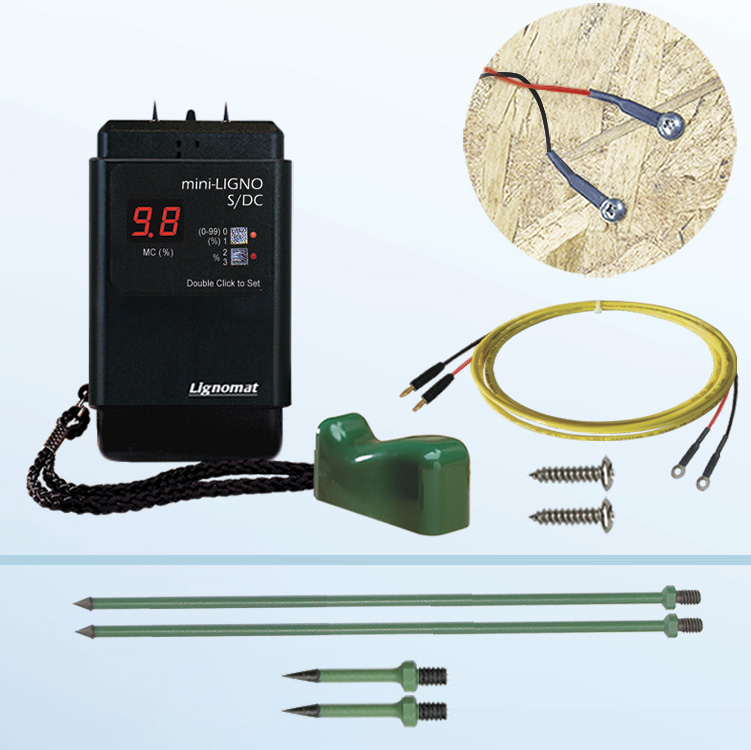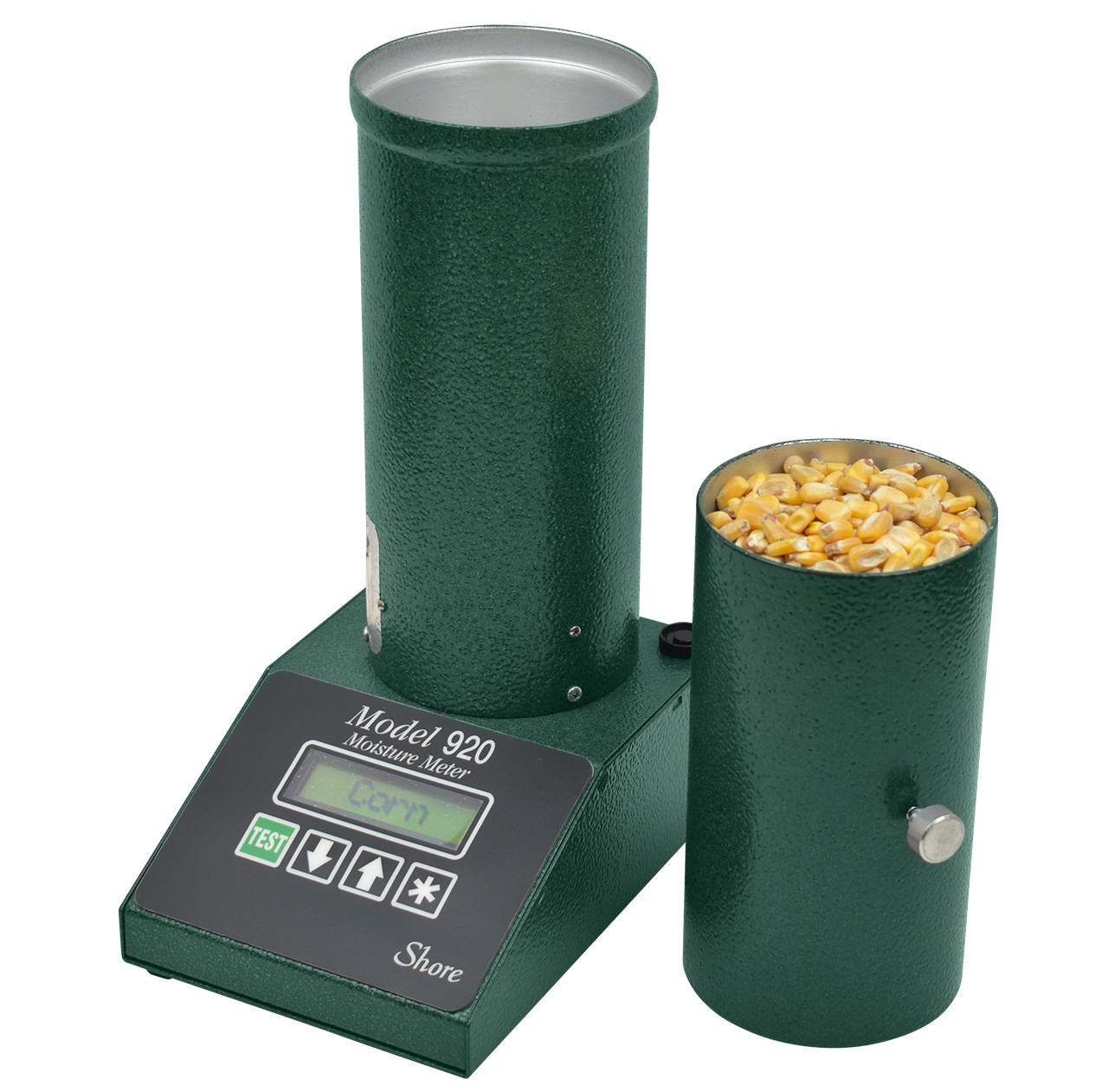Moisture Meter Reviews: Contrasting the most effective Versions for Specialist and Do It Yourself Use
Moisture Meter Reviews: Contrasting the most effective Versions for Specialist and Do It Yourself Use
Blog Article
The Ultimate Overview to Moisture Meters: A Comprehensive Review and How They Can Save You Cash
In the world of building upkeep, construction, and various sectors, the significance of properly determining wetness degrees can not be overstated. Dampness meters serve as indispensable tools in identifying and monitoring moisture web content in materials, assisting in stopping costly problems and guaranteeing the top quality of products. Understanding the subtleties of various types of dampness meters, their applications, and the possible cost-saving advantages they provide can be a game-changer for companies and professionals alike. Discovering just how these devices can not only enhance processes yet additionally contribute to financial savings is a trip worth starting.
Types of Moisture Meters
Various types of moisture meters are offered for different applications in various sectors. One usual kind is the pin-type dampness meter, which determines the electric resistance in between two pins placed into a material. This kind appropriates for timber, drywall, and other structure materials. Pinless dampness meters, on the other hand, usage electromagnetic sensing unit plates to check a bigger location without causing damages to the material's surface area. These meters are optimal for quickly assessing wetness degrees in large locations such as floorings and walls.
Infrared dampness meters measure the thermal properties of a material to establish its moisture content non-invasively, making them beneficial for applications where pin or pinless meters might not be ideal. Recognizing the different types of wetness meters readily available can help sectors pick the most proper device for their specific dampness measurement demands.

Advantages of Making Use Of Moisture Meters

In addition, utilizing moisture meters can result in raised energy performance. By determining locations with high moisture degrees, such as leaks or inadequate insulation, modifications can be made to boost power preservation and minimize utility expenses. In agricultural settings, dampness meters play a critical duty in optimizing plant yields by enabling farmers to keep an eye on soil dampness degrees and make informed irrigation choices. In general, the benefits of using wetness meters cover across various sectors, giving economical options and advertising much better quality assurance techniques.
Exactly How to Pick the Right Moisture Meter
Choosing the appropriate moisture meter involves taking into consideration key factors such as product compatibility, dimension range, and calibration accuracy. When selecting a dampness meter, it's essential to make sure that the meter appropriates for the specific product you will be testing. Different materials have differing electric homes that can affect dampness analyses, so selecting a meter developed for your material is crucial for exact outcomes. Additionally, think about the measurement series of the moisture meter. Make certain that original site the meter can identify dampness levels within the variety needed for your applications. Calibration accuracy is another vital element to bear in mind (Moisture Meter). Select a wetness meter with trustworthy calibration to ensure specific and constant analyses. Some meters might require routine calibration modifications, so recognizing the calibration procedure is essential. By meticulously assessing these elements, you can choose a dampness meter that satisfies your needs and supplies accurate dampness dimensions for your jobs.
Correct Techniques for Moisture Meter Use
To guarantee exact moisture analyses and make best use of the effectiveness of a dampness meter, employing appropriate techniques is crucial. When utilizing a pin-type moisture meter, put the pins or probes into the material being examined up until they make complete get in touch with. By adhering to these correct techniques, customers can rely on their wetness meter to offer trustworthy dampness degrees, helping in stopping pricey damage or guaranteeing high quality in different applications.

Price Savings With Moisture Meter Applications
How can the calculated usage of moisture meters lead to significant expense savings throughout numerous industries? In the farming market, moisture meters aid in identifying the optimal time for gathering crops, stopping over-drying or excess dampness that can affect the last item's quality.

Additionally, in the food processing industry, dampness meters are try here vital for keeping an eye on item high quality and making certain compliance with security guidelines. By properly gauging moisture content in foodstuff, producers can avoid spoilage, keep quality, and decrease waste, resulting in considerable price financial savings. Generally, the strategic application of wetness meters is an important investment that can cause considerable price reductions and improved performance throughout various markets.
Conclusion
In verdict, wetness meters are useful devices for determining and finding wetness degrees in different materials. By making use of the right dampness meter and following proper techniques, customers can successfully avoid pricey problems created by excess wetness.
Dampness Get More Info meters serve as vital tools in finding and monitoring moisture content in materials, helping in avoiding costly problems and making certain the quality of products. Infrared wetness meters measure the thermal homes of a product to determine its wetness web content non-invasively, making them useful for applications where pin or pinless meters may not be appropriate.Moisture meters use very useful benefits in precisely analyzing and keeping an eye on wetness degrees in varied materials and atmospheres. In agricultural settings, wetness meters play an essential duty in maximizing plant yields by enabling farmers to check dirt wetness degrees and make notified irrigation decisions.In verdict, moisture meters are useful devices for identifying and gauging wetness degrees in various materials.
Report this page